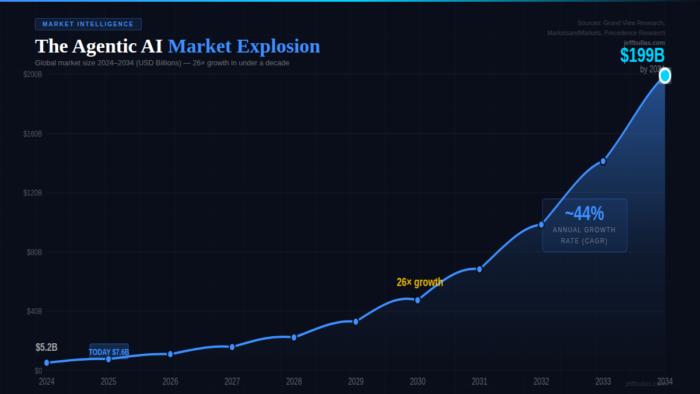Charlotte wants to serve as a blueprint for other cities by prioritizing contracts for black-owned businesses.
Charlotte Business Inclusion aims to be a leading example in distributing city contracts within two years.

The Charlotte Business INClusion program has set a lofty goal for itself - to become a national benchmark for awarding city contracts. With the support of the government, this initiative in North Carolina's largest city is partnering with small, minority, and women-owned businesses. In 2023, the city allocated a whopping $193 million in contracts to these firms, a significant increase of 23% from the year before and a staggering 45% from the year prior to that.
While the figures for this year's contract spending have yet to be released, it is clear that the CBI is making impressive strides towards creating a more inclusive and diverse economy in Charlotte. This effort is particularly important as many other states have recently ended or scaled back their diversity and inclusion programs in various institutions such as government, colleges, and businesses. However, research has shown that closing racial gaps in business ownership could potentially add up to $5 trillion to the U.S.
economy in the next five years. It is a nationwide goal to strive for more inclusive economies, and the CBI is playing a crucial role in Charlotte's ecosystem under the leadership of City Manager Marcus Jones. One of the key tasks of the CBI is to identify, communicate with, and connect certified Minority Business Enterprises to help them secure projects.
Currently, the CBI works with around 560 businesses, including MWSBEs and Black entrepreneurs, but they aim to increase that number to 640 by next year. Steven Coker, the business inclusion officer for Charlotte, explains that the CBI serves as a vital link between the city's resources and the diverse business community. He also notes that the CBI stands out from similar programs in other cities in several ways, including its use of a team of 12 staff members and over 35 liaisons across 20 different city departments to ensure that inclusion goals are integrated seamlessly into all municipal functions.
Additionally, the CBI offers a Contractor Development Program to help MBEs prepare for surety bonding and regularly conducts disparity studies and economic impact analyses to identify gaps, measure success, and refine strategies. Coker believes that other cities looking to promote economic equity can draw inspiration from the CBI's approach, which has been recognized nationally as a model of inclusivity. He cites examples of successful CBI-certified Black-owned businesses, such as DA Everett Construction Group, which secured a 20% partnership on the $215 million renovation of the Charlotte Hornets' Spectrum Center arena, and McFarland Construction, which partnered with JE Dunn Construction to build a $20 million-plus fire station.
However, the CBI's greatest challenge is to increase the capacity and resources available to MBEs to support their growth. To address this hurdle, they will be launching a new initiative, CBI University, in February of next year. This program will offer technical support and educational resources to MBEs and other programs.
In May of 2024, Charlotte also launched a $40 million growth fund to provide financing for MBEs. Coker explains that this fund will address one of the largest barriers faced by these firms - access to affordable financing. The goal is to provide 2,000 loans of up to $250,000 over the next four years, administered by six Community Development Financial Institution fund partners.
Coker believes that this fund will help businesses scale their operations and pursue larger contracts. As 2025 approaches, Coker encourages Black-owned firms to reach out to him or any CBI member to increase their chances of securing contracts next year. He recommends that businesses take advantage of the Contractor Development Program to gain the technical skills, mentorship, and support needed to enhance their competitiveness.
Coker's message to every MWSBE business interested in working with the City of Charlotte is simple - they are open for business and are here to help unlock the doors to opportunity. This sentiment is in line with the recent restoration of Aretha Franklin's old home in Detroit, which was made possible by a $2 million investment. The CBI's efforts align with the broader goal of creating more opportunities for diverse businesses and communities, and it is clear that they are making significant progress towards achieving it.










